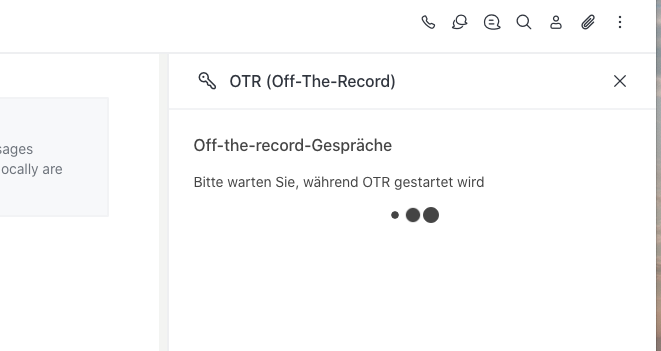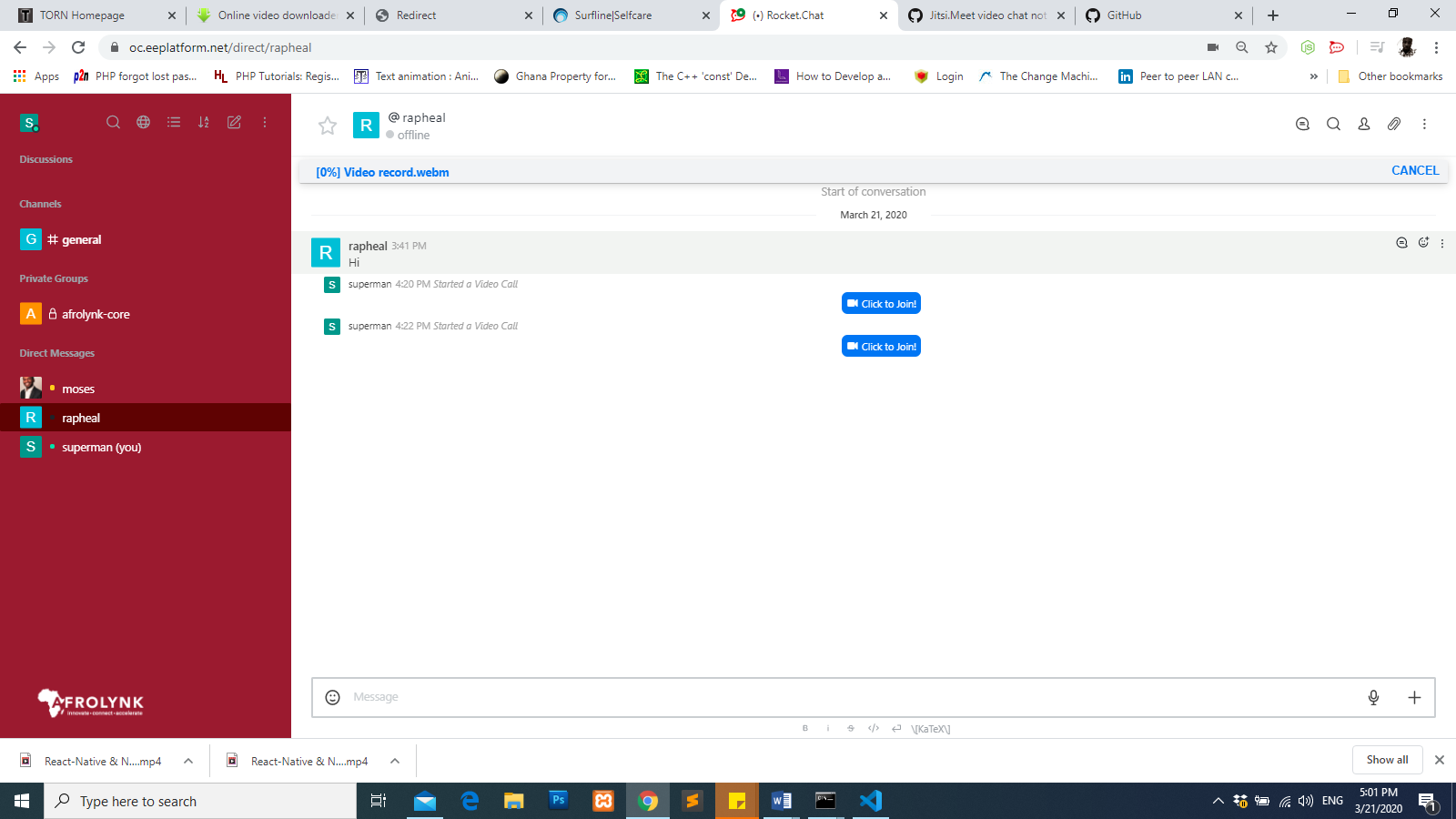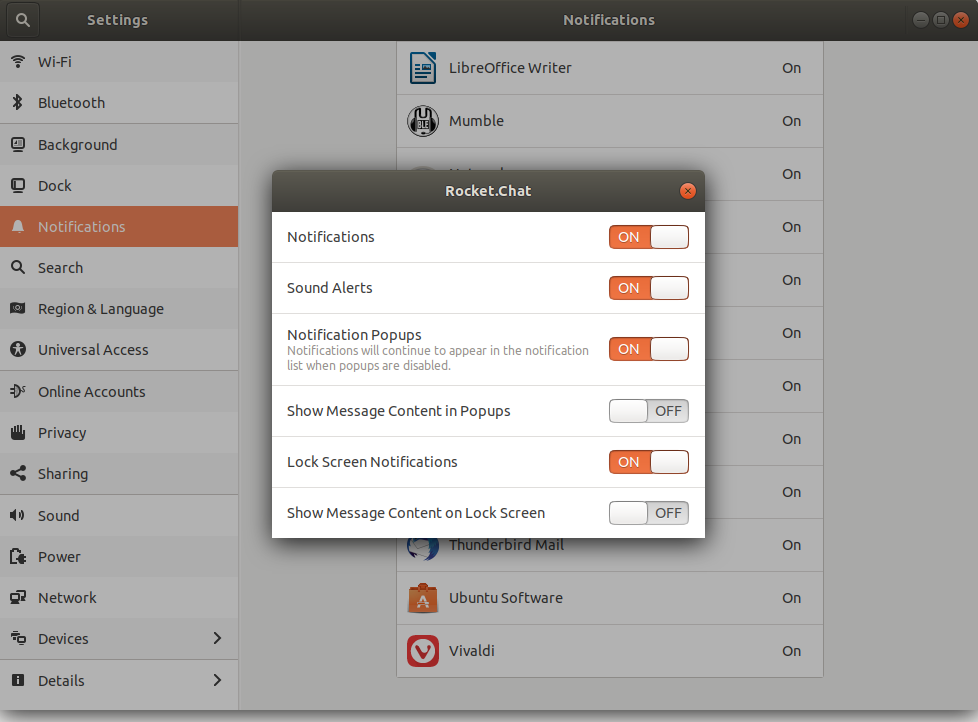
Please note that configurations from older OTRS versions may not work in the newer ones. Without this, the responsibility lies with the customer himself. We can only guarantee testing and implementation of these concepts to be error-free and productive if implemented in a workshop with one of our OTRS consultants. All configurations presented here were developed under laboratory conditions as a proof of concept. The practical examples presented in our technical blog ( ) and now in the expert category in our FAQ blog section serve as a source of ideas and documentation to show what is theoretically possible with OTRS in concrete scenarios or sometimes even for more exotic configurations. Please go to the following website, if you need more information: You can also use other resources which are provided by the RocketChat REST API. More information about the Rocket.Chat REST API The output in the OTRS debugger should look like the following:īecause of the received JSON data from Rocket.Chat, we should also see the message now in our RocketChat channel Create a new ticket with a priority = 5 very high and see if the invoker is triggered: Congratulations! You’re done with the first part. Don’t forget to set “POST” as request command.Īpply all changes. I’ve added the first part until the “/” to my endpoint address and the second part including the “/” I’ve added to the controller mapping. My token in Rocket.Chat is “9HHhoQYYEo2unZQrm/e4tWQgxcKkZdryfcMA325unkNrC2R6JPSmJXtuknhbQ4TYZh”. I’m using a small workaround to make the integration possible. The next part is the configuration of the transport. That’s all for the invoker configuration. Because I only want to inform my users if there’s a new ticket with a very high priority, I’m using the “TicketCreate” event with a condition (Priority = 5 very high):

The last part for the invoker is the used event trigger. The following example is tested and working: The most important part is the XSLT mapping. I’ll call it “Rocket.ChatConnector”.Īfterwards, we need a new invoker. Configuring the Rocket.ChatConnector on OTRS sideĪt first, we’ve to create a new web service. That’s all regarding the Rocket.Chat preparation. I’m using “Boomerang” which is an addon for Google Chrome.

If you want, you can send the example JSON string to your incoming webhook with a local REST client.

I’ve attached the configuration of my webhook: Go to Administration -> Integration and click on “New integration” in the right upper corner and click on “Incoming WebHook” a working Rocket.Chat (I’m using RocketChat 0.64.1).
#Rocketchat otr not working software
(Adds new invoker for TicketCreate and TicketUpdate in the GenericInterface.) Third Party Software You need the following OTRS Feature Add-on: OTRS Requirements for this HowTo: OTRS Framework Like in former blog posts, there are several requirements for this HowTo:
#Rocketchat otr not working how to
In the first part of a smaller blog article series, I’ll show you how to post messages in Rocket.Chat channels. I call this integration “Rocket.ChatConnector”. Last week I had a customer, who asked me if it’s possible to get a notification in their Rocket.Chat if there’s a new ticket in OTRS. Many of my customers are using Rocket.Chat for their internal team chats.


 0 kommentar(er)
0 kommentar(er)
